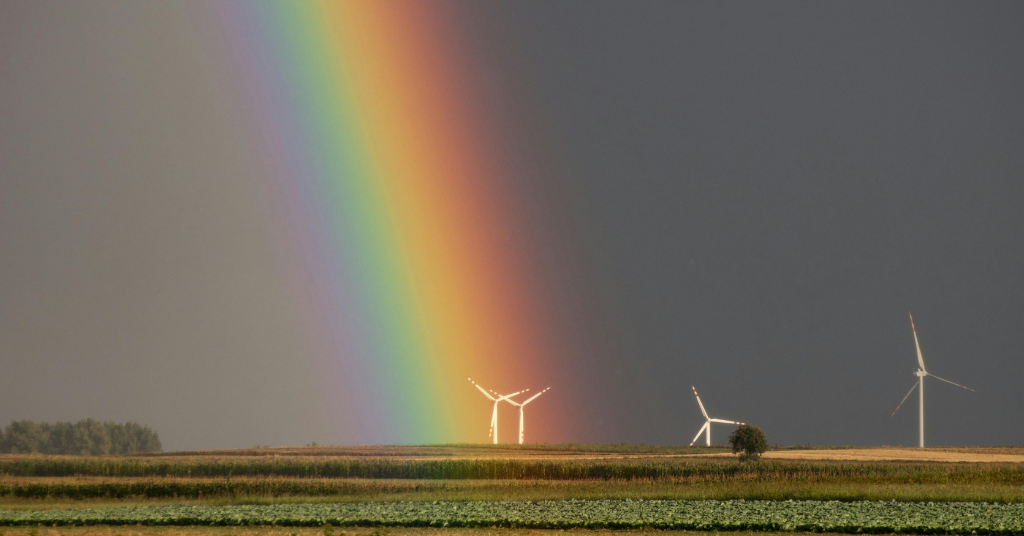Even if humanity somehow adapts to warming, it will probably have to get used to only being able to buy more expensive and worse beer. Climate change is already being felt by hops, which are an important ingredient in beer, the Guardian reports.
A study published in Natural Communications says that global warming means hops will face both quality and quantity problems. The result will be that beer will become more expensive, as the cost of producing the crop safely will also be higher.
A 4-18% decline in hop production in Europe is expected by 2050 if growers do not adapt to a warmer and drier climate. The taste and smell of beer is influenced by the alpha acid content of hops, but the proportion of this substance will also decline by 20-31 percent, according to the researchers’ model.
Hops tend to thrive in temperate climates, typically grown in beer-growing countries such as Germany and the Czech Republic, but there used to be large areas of hop fields in Hungary, and in recent years small areas have seen a resurgence in cultivation. Hops are a sensitive plant, with sunlight, temperature and water being strong limiting factors in its development.
The researchers compared hop yields over two periods (1971-1994 and 1995-2018) and found a steep decline, averaging 13-27 m ha per ha. In Celje, Slovenia, the decline was 19.4 percent, while in Germany’s traditional growing areas the figures varied between 9.5 and 19.1 percent. Alpha-acid content, which provides flavour, also fell everywhere, according to the study.
Some growers are trying to get ahead of the curve, establishing plantations at higher altitudes or providing irrigation for their crops, and the spacing of the rows has also changed.
The researchers conclude that if climate policy remains unchanged, by 2050 hop yields will fall by 4.1-18.4 percent compared to the 1989-2018 average. The decline is mainly due to warmer weather and more frequent and severe droughts.
Beer industry workers are not yet facing difficulties because of hops; high energy prices are pushing up their production costs, and the consumer is feeling the effects.




